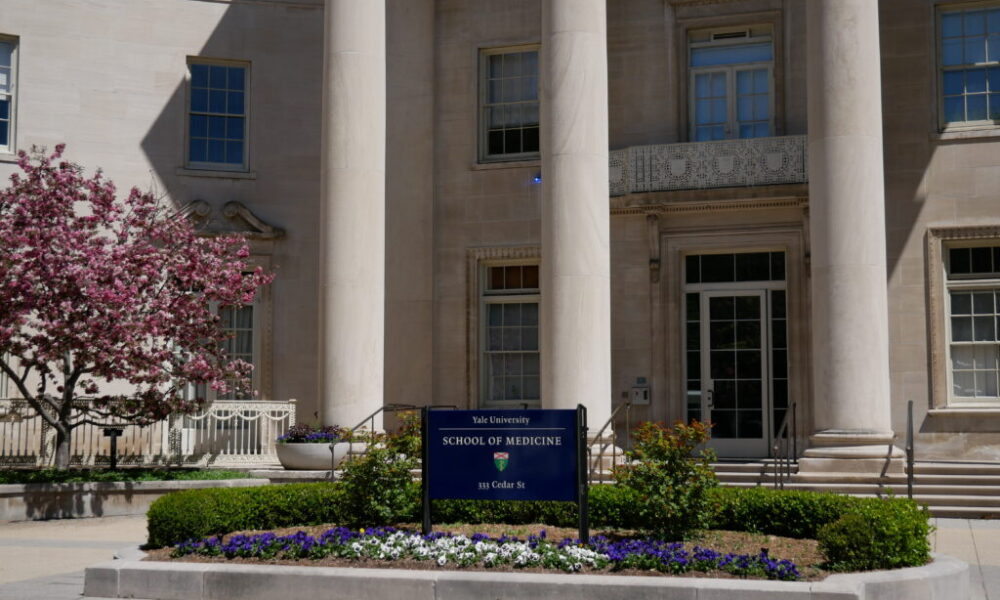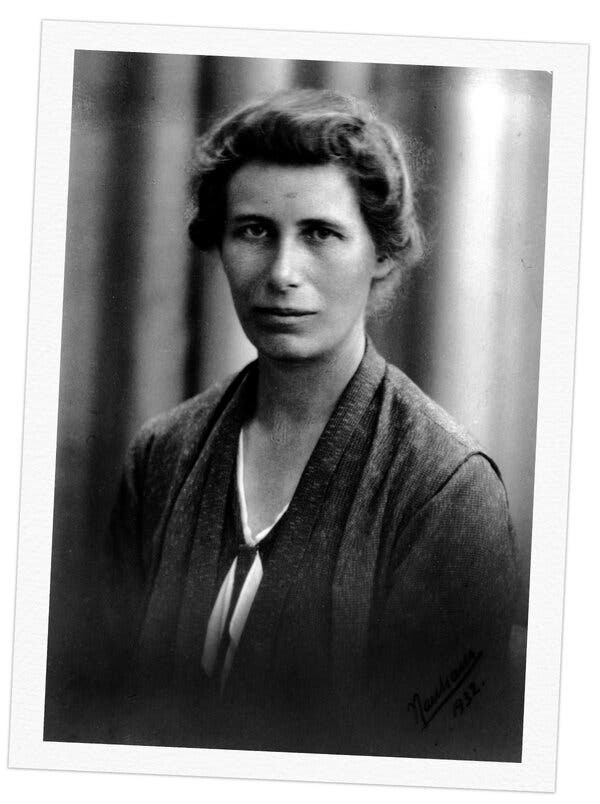A new research center at Yale University is set to advance understanding of healthy aging among patients living with HIV. The Aging Well with HIV Through Alcohol Research and Risk Reduction and Education (AWAR3E) Center will be established with a five-year grant from the National Institute on Alcohol Abuse and Alcoholism. Led by Amy Justice, a professor of internal medicine and public health, the center aims to explore the complexities of aging in individuals with HIV.
The initiative comes at a crucial time, as more individuals are living longer with HIV due to improved therapies that suppress the virus. Justice emphasizes that this demographic faces increased risks for various age-related medical conditions, such as cancer, cardiovascular disease, and diabetes. “There are more people aging with HIV now than ever before, thankfully, because we have therapy to suppress the virus and to extend people’s life expectancy,” she stated. The center’s goal is to investigate why these vulnerabilities exist and how they can be managed effectively.
Addressing the Challenges of Aging with HIV
One of the focal points of the AWAR3E Center is to examine the relationship between HIV and immune dysfunction. Justice notes that while both aging individuals and those with HIV experience immune challenges, the impact of HIV can be particularly severe. Many patients continue to use alcohol and may also face socioeconomic disadvantages. These factors could potentially accelerate aging processes, which the center plans to investigate to guide future health interventions.
The center builds on the foundation established by the Veterans Aging Cohort Study (VACS) Consortium, which Justice originally founded to examine the effects of alcohol on aging in both HIV-infected and uninfected individuals. VACS offers access to over two decades of data from approximately 13.5 million individuals, enhancing the research capabilities of the AWAR3E Center.
The interdisciplinary team includes Julie Womack, an associate professor of nursing, and Vincent Lo Re, a professor of medicine and epidemiology at Rutgers University. Their diverse expertise will support the center’s multifaceted approach to research, which encompasses studying the biological markers of stress and inflammation linked to HIV.
Research Goals and Community Engagement
The AWAR3E Center aims to uncover the connections between chronic inflammation and premature aging, particularly in the context of HIV. Justice highlights that factors such as obesity, poor diet, lack of exercise, and chronic stress contribute to inflammation, which is increasingly recognized as a driver of adverse aging. One specific study will focus on whether residual traces of the virus, known as viral reservoirs, contribute to stress and inflammation, even in individuals receiving treatment.
Another important project will investigate how aging-related health issues, such as falls and cognitive decline, correlate with socioeconomic disadvantages. Lo Re underlines the significance of mentorship within the center, stating that it will nurture new research in the field of alcohol and HIV/AIDS while supporting early-stage investigators.
Womack expressed enthusiasm for the center’s commitment to disseminating findings widely. “We have the evaluation and dissemination core, and we’re bringing in providers, people from different HIV-related agencies, and representatives from the HIV community,” she said. This collaborative approach aims to ensure that valuable insights reach healthcare professionals, patients, and organizations.
According to 2022 estimates from the Centers for Disease Control and Prevention, approximately 1.2 million people are living with HIV in the United States. The AWAR3E Center at Yale represents a significant step toward enhancing quality of life and health outcomes for this population as they age.







